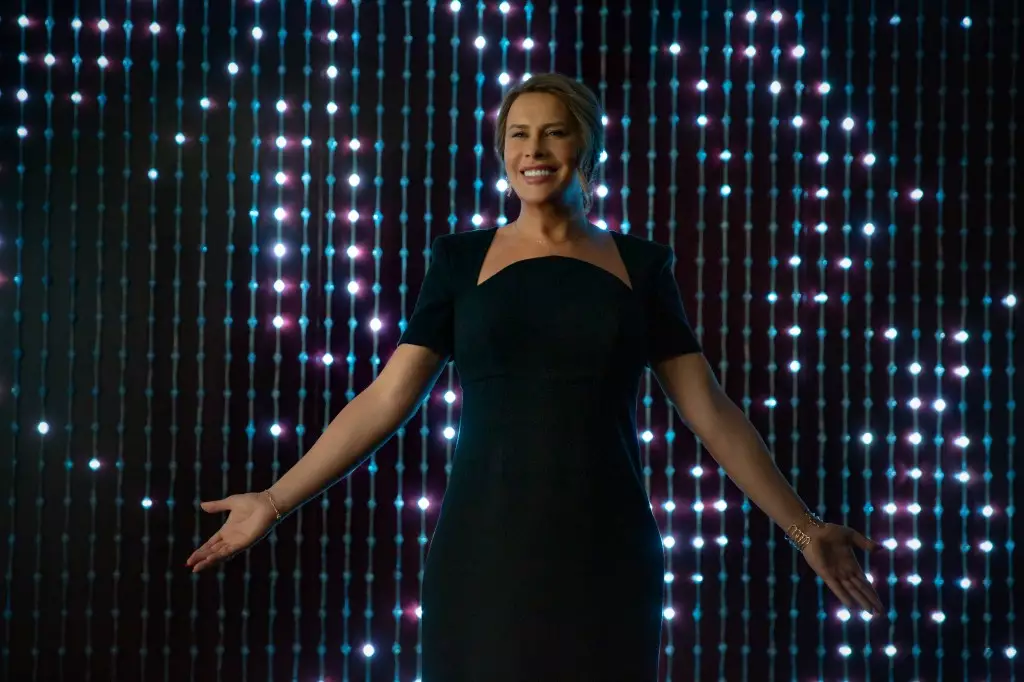In the realm of cinema, talent and artistry often intertwine with the public’s perception of a film and its creators. This delicate balance was disrupted when controversy surrounding Karla Sofía Gascón, the star of Netflix’s “Emilia Pérez,” surfaced. The backlash originated from her earlier social media activity, revealing problematic tweets that contained racist and Islamophobic sentiments. What emerged was not just a moment of personal reckoning for Gascón but a broader challenge for the film and its dedicated cast and crew, who poured their creative energies into this ambitious Spanish-language musical focused on the gritty themes of drug cartels.
Bela Bajaria, Netflix’s Chief Content Officer, highlighted the unfortunate reality of how such controversies can overshadow the hard work of countless artists. In a recent episode of the podcast “The Town,” Bajaria expressed her disappointment, framing Gascón’s past actions as a distraction from the film’s accolades. The awards season had once been a moment of pride for all involved, marked by numerous nominations and the film’s success at prestigious events including the Cannes Film Festival. Yet, as Gascón withdrew from awards ceremonies, the ongoing dialogue shifted from celebrating artistic achievements to grappling with uncomfortable truths about the talent involved.
Bajaria’s comments underscore an essential element of modern storytelling: the necessity of accountability. In an age where every word tweeted can have lasting repercussions, artists are often thrust into the limelight not only for their talents but for their past behaviors. The question arises: how do we balance the celebration of art with the ethical implications if the artist’s behavior is found wanting?
As the award circuit continued, co-stars and director Jacques Audiard found themselves in an uncomfortable position. The inquiries about Gascón’s tweets overshadowed discussions about the film’s artistic merits. Their responses, often conducted with grace under pressure, highlighted the camaraderie and respect they hold for both Gascón’s work and the importance of addressing such issues. Despite the turmoil, the collective talent behind “Emilia Pérez” remains formidable. Celebrated for its creativity and boldness, the film addressed complex societal issues through a unique lens, resonating with a wide audience.
For Netflix, the situation poses a unique dilemma: How does one honor a creative work that has garnered critical acclaim while addressing the fallout of its lead actor’s past? Bajaria’s affirmation of the film’s value suggests a determination to separate the art from the artist, yet this approach is not without contention. Art cannot exist in a vacuum, and the underlying sentiments expressed in social media can cast a long shadow over the achievements of a film.
Moving forward, the industry must grapple with these complexities. Can audiences continue to celebrate “Emilia Pérez” knowing what we now know about its star? The conversation surrounding the film serves as a reminder of the intricate nature of celebrity, artistry, and accountability in contemporary cinema. The resilience of the cast and crew in the face of adversity is commendable, yet it also prompts deeper reflection on what it means to support talent while fostering a space for ethical discourse.

